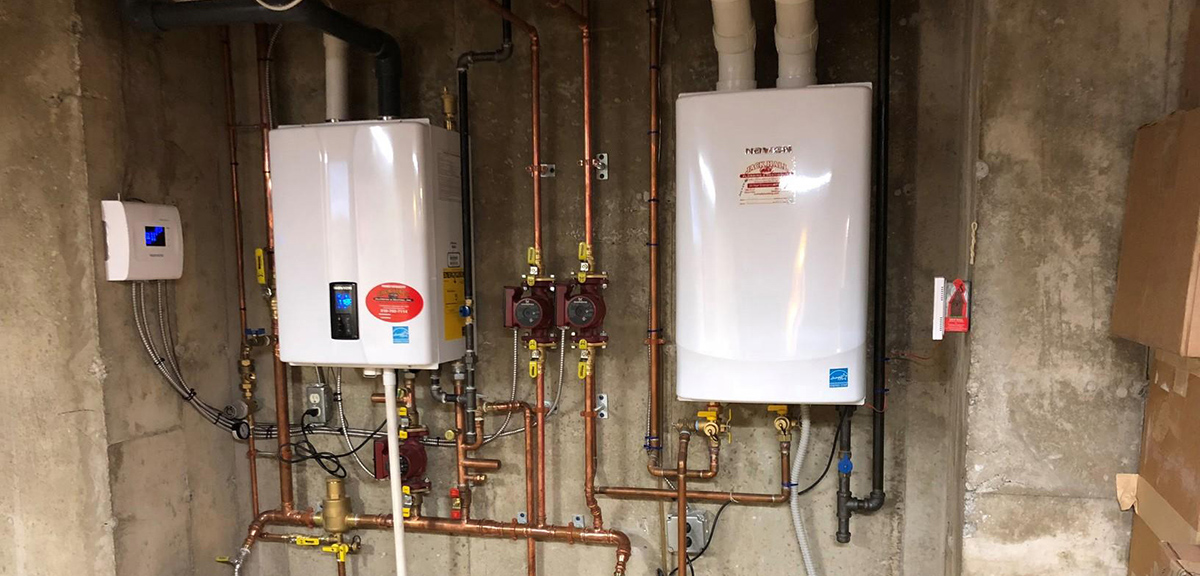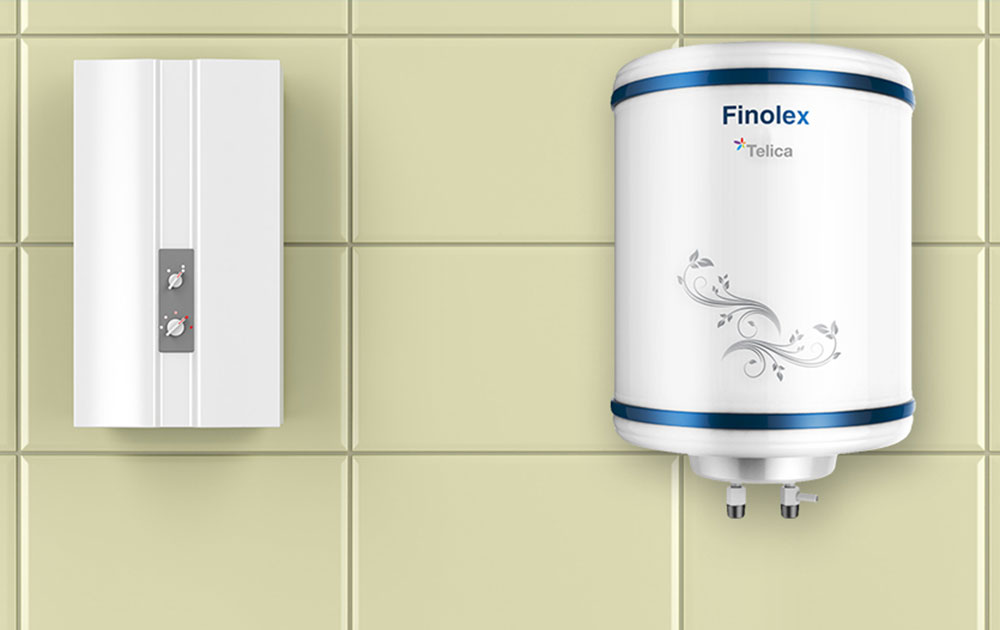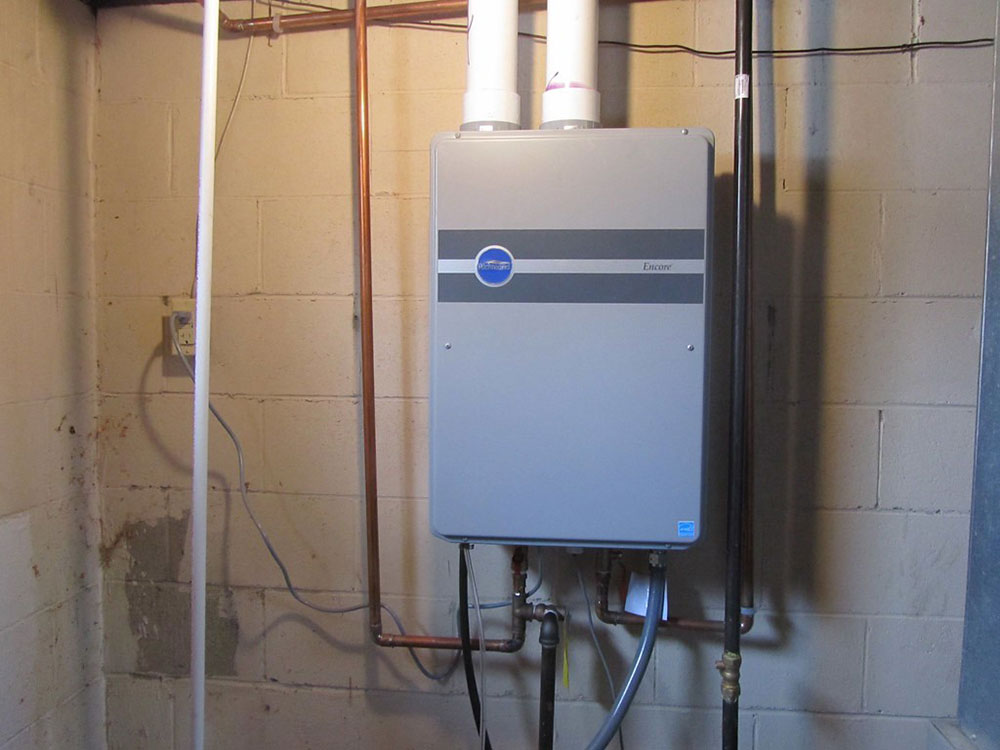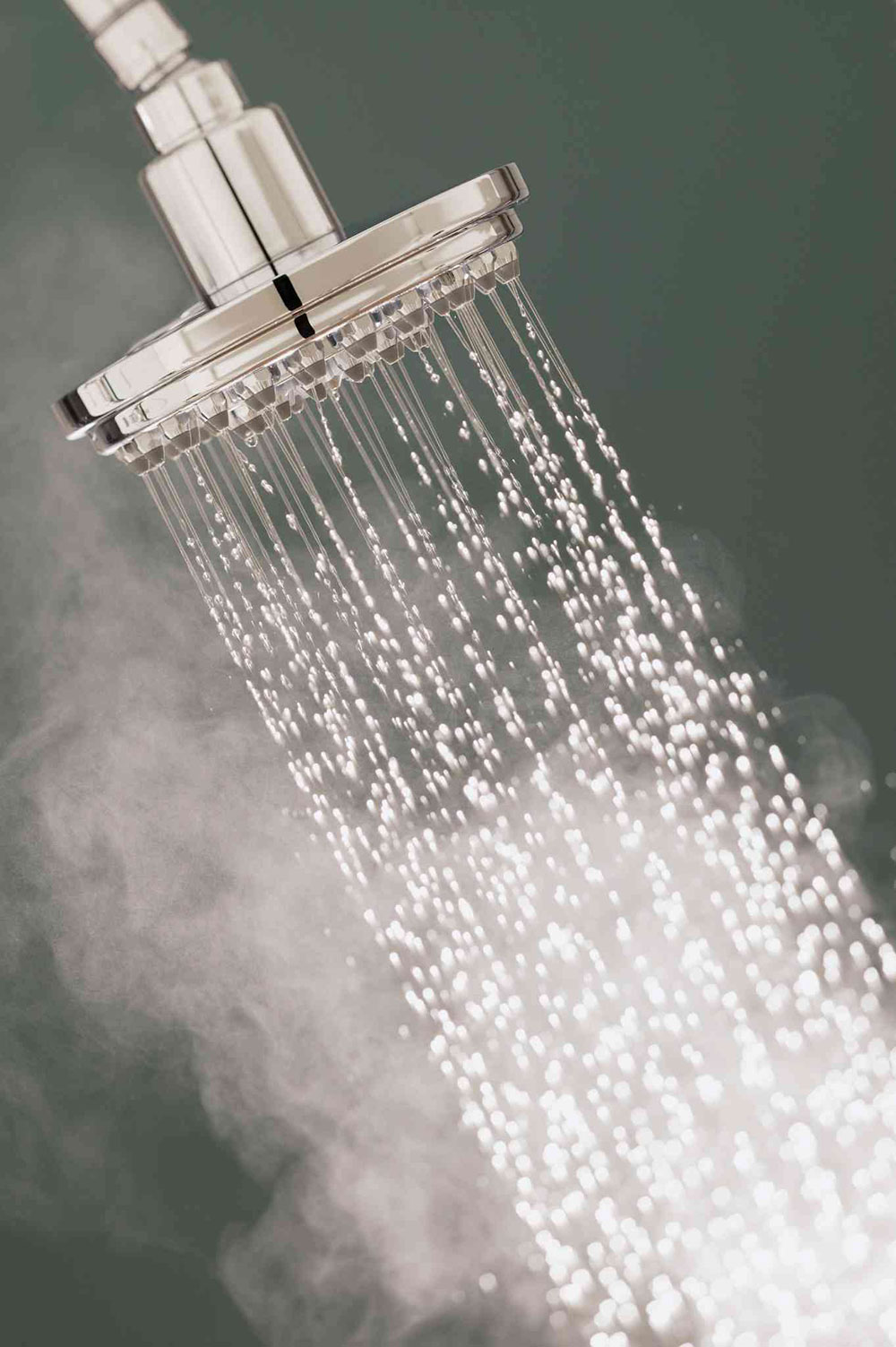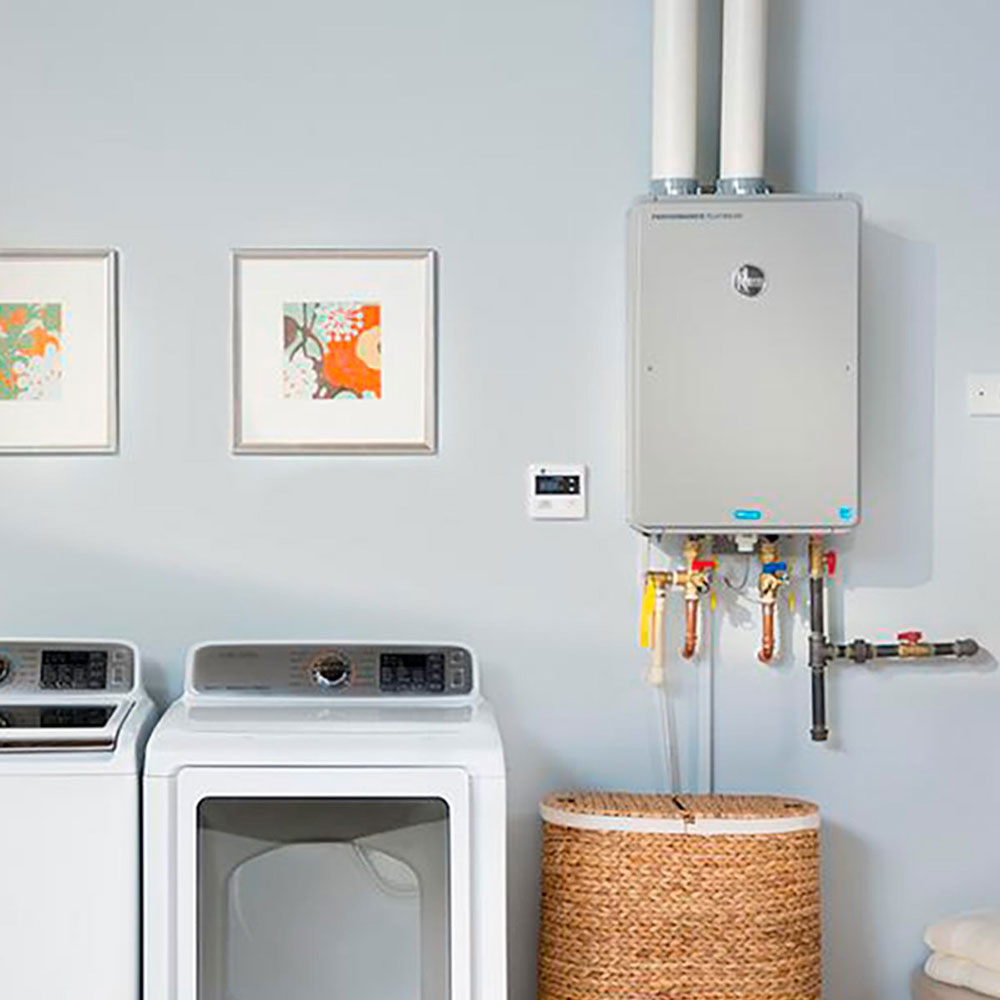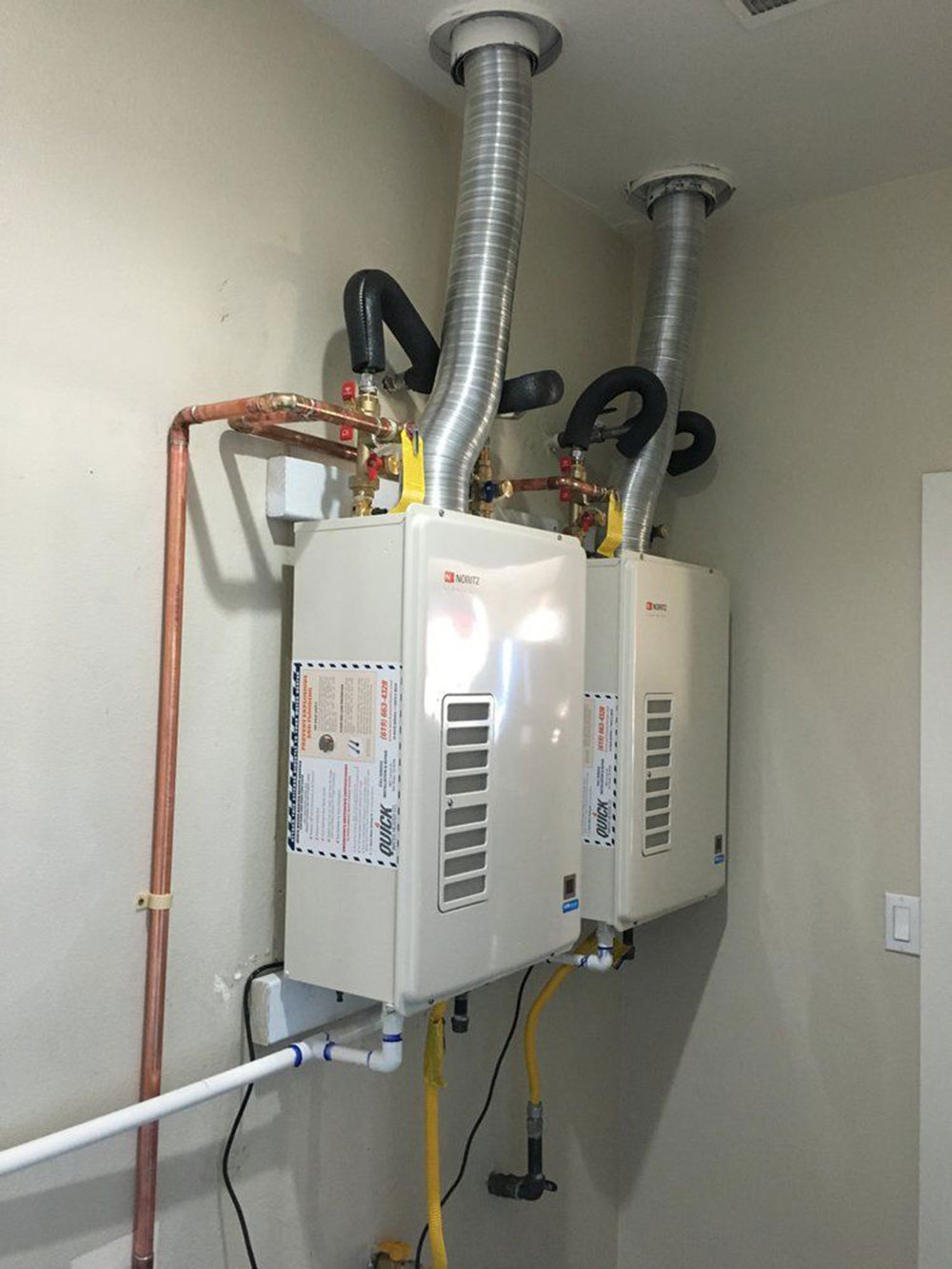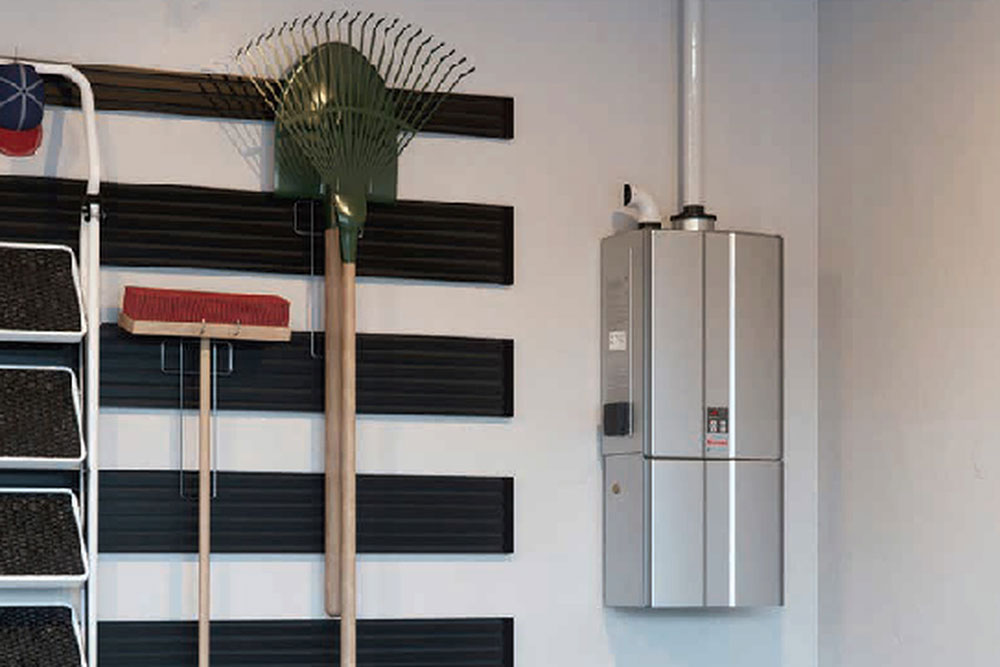Advertisement
You may have heard wonders of tankless water heaters, as you may have heard many reasons not to invest in one. This technology that is being sold as the future for heating water in your home does not convince many homeowners and is understandable after using a traditional water heater for a lifetime. However, before judging whether these devices are for you or not, you should know what the tankless water heater pros and cons are.
There are many myths about tankless water heaters. Some say that these do not contribute anything that traditional heaters do not have, other people assure that the energy expenditure is even greater than if they had a tank, which makes them not want to try this technology.
There are indeed reasons to doubt them, after all the purpose of a tankless water heater is to prepare hot water almost immediately for use, heating only what you need and not storing anything for later uses.
This requires much more power, either electricity or gas, but the heating period is momentary, so at the end of the month you will not notice an increase in your energy bill, and you could even have savings of up to 22 % according to Consumer Reports.
However, such a small saving is not necessarily an advantage or eliminates all the myths around them, so it is better to analyze them thoroughly.
Tankless Vs Tank water heater – What should you install?
Like all inventions, the electric tankless water heater arose from a need that could not be solved with traditional devices. This means that there are cases where it is much better to install the tankless water heater.
Factors to consider include things like the environment where you live, the amount of water you use, the installation area, and your home’s capabilities.
Amount of water you need
The most important thing when buying a water heater is the amount of water it can produce. Larger families and some businesses may need more hot water available at all times. Bear in mind that with a tankless water heater, this does not translate into the water storage capacity but in the amount of water that can heat up when turned on.
Some prefer to install a point system for each faucet, guaranteeing the supply of hot water throughout the home, but this is an expensive option.
The weather
Before considering the tankless water heater pros and cons, you should ask yourself if your local weather is for these devices. In cold regions, the water reaches the homes, as expected, much colder than in warm regions, which means that the heater must work harder.
Obviously, all heaters go through this problem, but tank heaters can store the hot water, while tankless water heaters may not be able to heat the water enough before leaving the tap.
A relevant gas pipeline
Starting to heat the water with a tankless water heater requires more effort, which means a greater load on the required BTUs. In mortal words, it means it requires a larger amount of gas to ignite, but then it normalizes, spending even less than tank water heaters.
For this initial boost to be optimal, it is required to have a gas inlet to the home of at least ¾ inch.
Choose the indicated space
Space will affect heater installation in different ways. For example, there are tank units that are very large and need full rooms just for them.
In the case of an electric on-demand water heater, it must be installed in an area with enough ventilation because it needs air to carry out combustion. There are some alternatives with ducts that can get the air they need from the outside of the house, so they can be installed in a basement without problems.
Tankless water heater pros and cons
Advantages
Fast water production
It would be a lie to say that a tankless water heater produces hot water immediately. The heaters are not really for this since there will always be cold water inside the pipes that will come out when you open the tap.
However, a tankless, electric water heater will be able to produce hot water when you need it without being limited by quantity. In a tank system, once the hot water runs out, you will have to wait a while to have it again.
They are energy efficient
Since you don’t need to constantly heat the water, an on-demand electric water heater will consume less energy in the long run. They are approximately 22% more efficient, which translates to almost $7 a month in savings, or up to $100 a year.
This number can vary depending on the use and the climate of the region, but in general, they will always be more efficient because they do not need to constantly heat the water, even when it is not used.
Greater lifespan
The average life span of a tank water heater is between 10 and 15 years with proper maintenance. One of the tankless water heater advantages is that this time can be doubled up to 20 or 25 years.
Small size
Not needing a tank to store water, electric on-demand heaters are much smaller than their counterparts with the same capacity. If your home has little space, it is best to opt for the use of a tankless water heater.
No risk of tank explosion
Since there is no tank, there is no way for it to explode. A leaking tank is a big problem since all the water it has will be poured into the room. Furthermore, tanks’ explosions are very dangerous due to the internal pressure they possess, turning the tank lining into projectiles.
However, this does not mean that a tankless water heater can not present problems, but leaks are very rare, and if they occur they will not flood the entire room.
Disadvantages
The unit is very expensive
Not everything can be advantages, especially when it comes to alternative technology. A tankless water heater is more expensive because it has to have special construction and components that allow the water to immediately heat up as it passes through it.
On the market, the cheapest tankless water heater will top $1,000, which is twice as much as a tank water heater.
Additionally, the installation of these systems is not standardized, so hiring someone to install it will be much more expensive than if it were a tank water heater.
Difficulty maintaining temperature
You cannot evaluate tankless water heater pros and cons without talking about the water temperature. It turns out that, depending on the heater’s capacity, you may feel a fluctuation in the water temperature when it comes out of the tap.
This is especially noticeable under two conditions: the first is that the heater is not large enough for the home, and the second is that more than one hot water faucet is opened at a time.
This is a constant complaint from tankless water heaters users. Solutions to this problem are costly as it means that a larger unit or multiple additional small units are required. The other alternative is not to use hot water in two places at the same time.
Require ventilation
As mentioned before, tankless water heaters require special ventilation conditions. If it ventilates mechanically, it will require a large space in the room to get the necessary oxygen. In case it is direct, a duct system or a connection to the house’s exterior will be necessary.
For gas units, it will also require a much larger gas line, which can lead to additional expense if you don’t have a system ready for this installation.
Strong initial boost
If your gas or electricity system is not ready to start the tankless water heater, installation is not recommended. Although in the long run the energy consumption may be much lower, not all homes are capable of starting the heater. The choice of the unit type, whether gas or electric, will depend on your home.
Additionally, if you turn on many times the electric tankless water heater, you will end up with much higher bills, so it is best to turn it on once and use it for a long time.
There is no middle ground
A tankless water heater requires a certain amount of energy and water to operate. Many people may consider this point to be very hot, so they have to turn on the cold water if they want to achieve an intermediate temperature.
It is not an especially troublesome point, but it is worth mentioning so that you are aware that it is not so easy to reach certain temperatures without having a tank.
Tankless water heater pros and cons – Everything has been analyzed
After considering the tankless water heater pros and cons, it’s time to ask yourself if it’s worth its install.
If you consciously use hot water and want to save some money on energy bills, the tankless water heater is an option to consider. Also, thanks to its longer life span you can save extra money.
However, consider that the money you are saving will be spent on purchasing the unit, which is somewhat more expensive than tank units. Besides, annual maintenance must be carried out to prevent clogging, which also costs money.
The quick conclusion is that there is no greater difference between one alternative and another, so in the end, it will depend on the tastes of each person. You will have to sit down and think about whether the advantages outweigh the disadvantages in your particular case.
If you enjoyed reading this article about tankless water heater pros and cons, you should read these as well:
- How to prepare shower walls for tile (Easy to follow guide)
- Basement kitchen ideas for creating an amazing kitchen
- How to get nail polish off walls and have clean walls again

